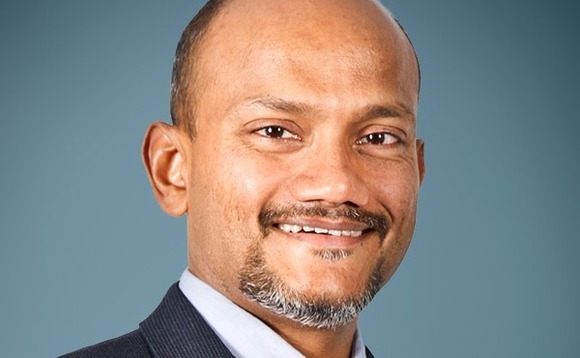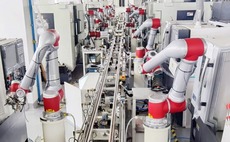
Deal focus: Temasek supports impact's giant leap

Impact specialist LeapFrog Investments will use Temasek’s financial backing to broaden its reach, in terms of sectors and geographies, as well as to anchor future funds
With each jump in fund size, LeapFrog Investments has broadened its mandate. The Asia and Africa-focused firm raised $135 million for its first vehicle in 2010, which was restricted to backing m...
Latest News
Asian GPs slow implementation of ESG policies - survey
Asia-based private equity firms are assigning more dedicated resources to environment, social, and governance (ESG) programmes, but policy changes have slowed in the past 12 months, in part due to concerns raised internally and by LPs, according to a...
Singapore fintech start-up LXA gets $10m seed round
New Enterprise Associates (NEA) has led a USD 10m seed round for Singapore’s LXA, a financial technology start-up launched by a former Asia senior executive at The Blackstone Group.
India's InCred announces $60m round, claims unicorn status
Indian non-bank lender InCred Financial Services said it has received INR 5bn (USD 60m) at a valuation of at least USD 1bn from unnamed investors including “a global private equity fund.”
Insight leads $50m round for Australia's Roller
Insight Partners has led a USD 50m round for Australia’s Roller, a venue management software provider specializing in family fun parks.







